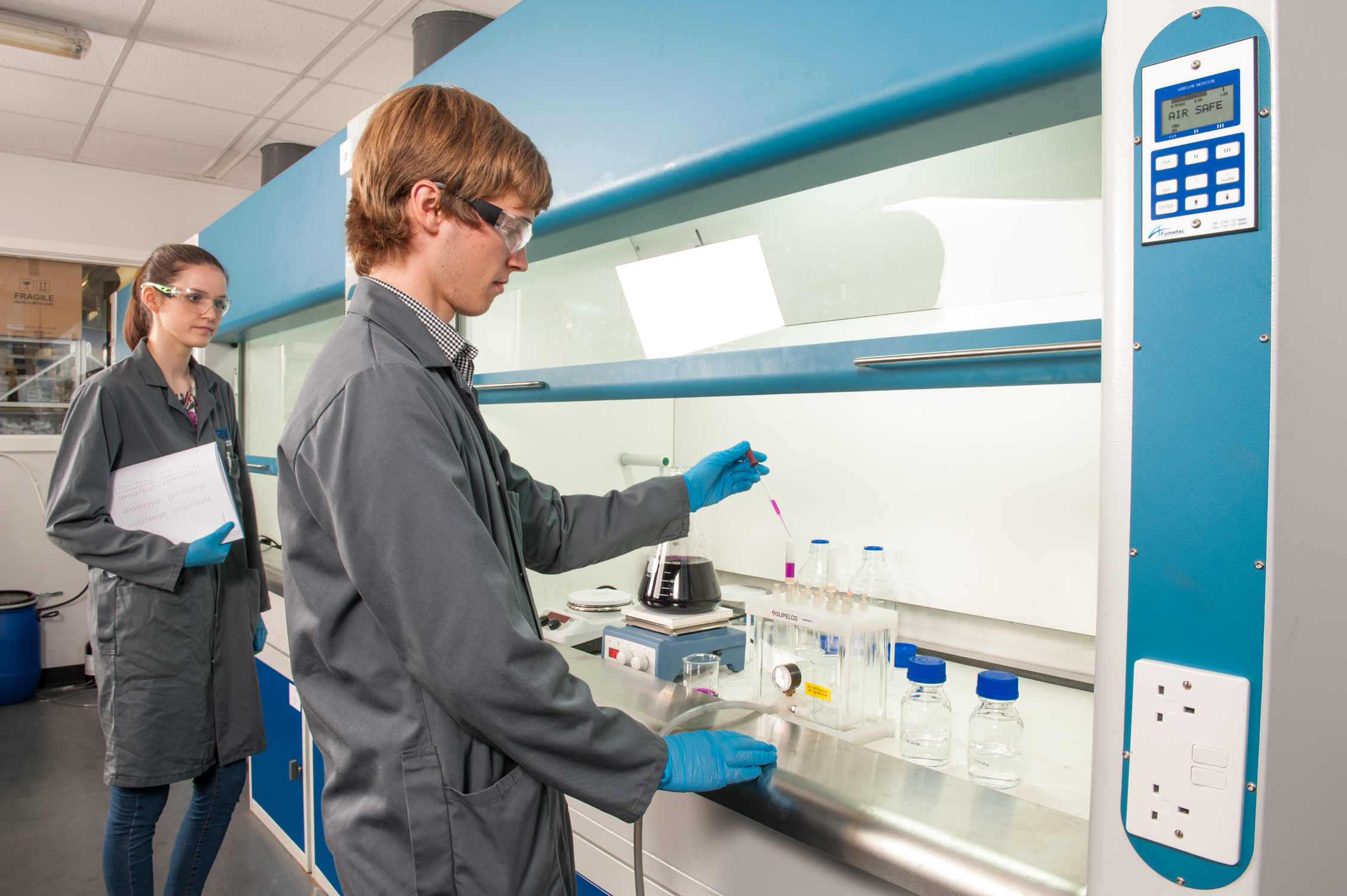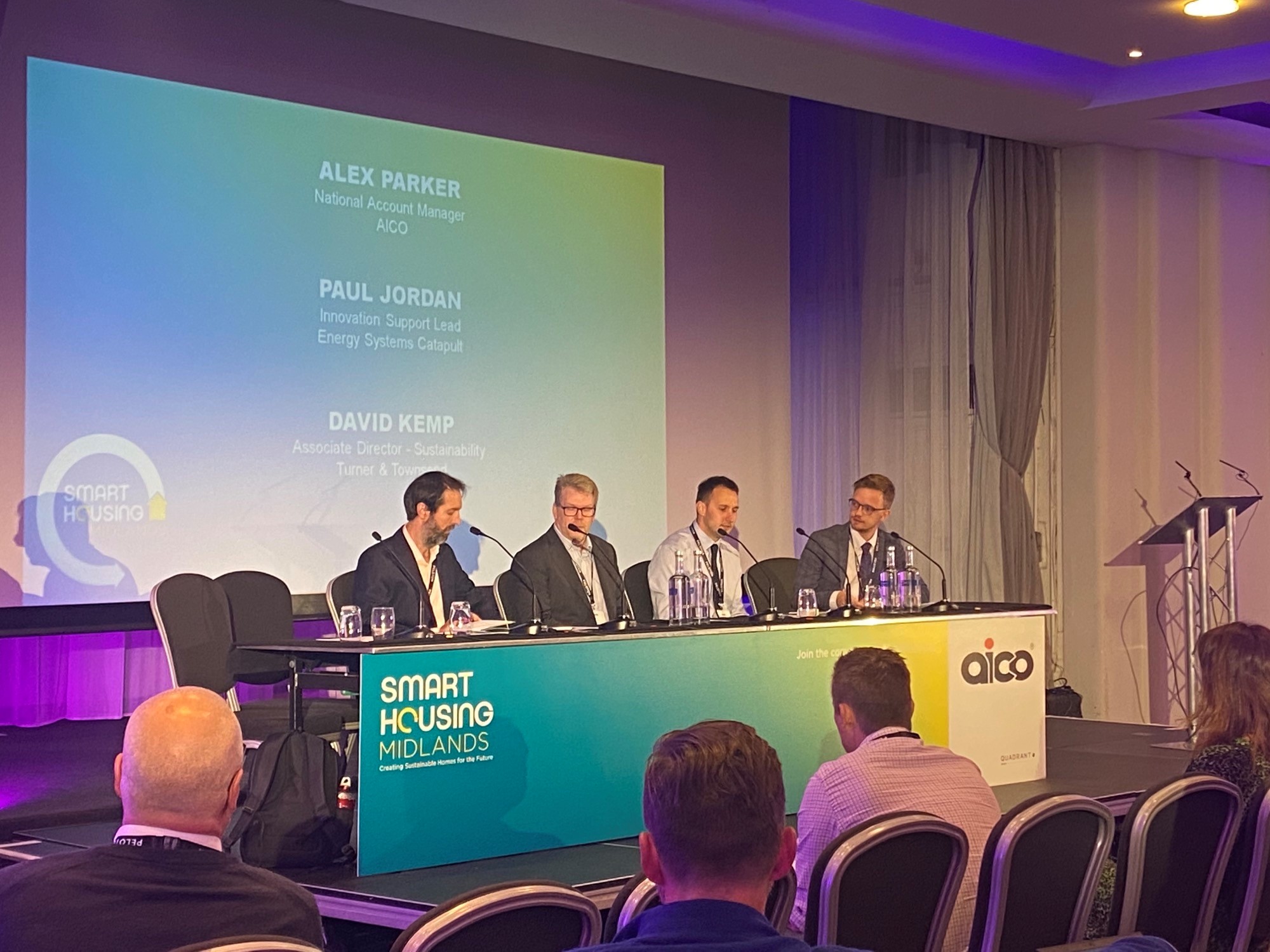Are SMEs Leading The Charge To Net Zero?

Small businesses are currently on the pathway to net zero through a programme that is giving them free access to world-leading academic expertise and cutting-edge resources. Housing Industry Leaders looks at the small businesses and how the programme will help to reduce their carbon emissions and accelerate growth.
So far 22 companies have collaborated with Lancaster University as part of the Low Carbon Eco-Innovatory (LCEI), a business support programme which aims to help Liverpool businesses.
The businesses included are aerial theatre company Wired, software developer Connect 4.0, composite technologies specialist A2O Technology group, civil engineers Mole Group Utilities, heating elements manufacturer 2D Heat, low energy product specialist Extreme Low Energy (ELe), water treatment specialists Arvia Technology and interior solutions provider EFG UK.
By partnering with Lancaster University through funded research and development projects, ranging from one month to 12-months, some of these SMEs have been able to identify areas to reduce their carbon footprint. Others have tested, developed, and commercialised low carbon products, processes, and services.
Now, collectively these businesses have saved more than 170 tonnes of greenhouse gases, which equals more than two-thirds of the programme’s target.
It Is Crucial That SMEs Are Well Equipped
LCEI is a business R&D consortium, backed by the European Regional Development Fund (ERDF), and is led by Liverpool John Moores University (LJMU) alongside partners Lancaster University and the University of Liverpool.
Since its launch in 2015, the Low Carbon Eco-Innovatory has supported 350 businesses on projects which have saved 10,000 tonnes of greenhouse gases.
LCEI Project Manager at Lancaster University, Carolyn Hayes, said: “SMEs play a major role in economies worldwide and Liverpool is no exception where they make up 99%* of the business community. It is therefore crucial that SMEs are equipped with the tools and resources needed to make their impact on creating a low carbon future.
“But the most common barrier to SME from taking action is a lack of resources, such as personnel, knowledge and time, and knowing where to start. That is how the LCEI programme can help.
“Our support is designed for companies at all stages of their low carbon journey. We will work closely with them to identify a bespoke course of action harnessing the skills and expertise of undergraduates, postgraduates and world-renowned academics, and leveraging our plethora of world-class facilities.
I would encourage leaders of SMEs across Liverpool to start a conversation with us about how LECI could help to reduce costs and their carbon footprint, improve performance, and future proof their business in a low carbon future.
Finding Solutions Requires Collaboration
One of the businesses included is Wired, an aerial theatre company based in Liverpool City Centre, which moves its people and equipment across the globe for performances and wants to reduce its carbon footprint.
Director of Learning and Participation, Michaela Anders, said: “Transporting large numbers of people and equipment across the globe is traditionally pretty harmful to the environment. Finding solutions to those challenges requires innovative thinking and collaboration.
“We’ve always strived to run the business with as little environmental impact as possible, and this internship has provided us with an extra resource to help us focus our sustainability efforts on quick returns and cost-effective approaches, lots of practical ideas and a policy to drive forward.”
Another business which is included is Arvia Technology, based in Runcorn. It benefits from a part-funded Master’s Research project to help develop an award-winning, patented technology – the Nyex Rosalox water treatment system, which removes and destroys aqueous organic and chemical pollutants.
CEO, Simon Gatcliffe, said: “It has taken years of marginal gains achieved through R&D partnerships like the one with Lancaster University to effectively combine the technologies of adsorption and oxidation to overcome many of the drawbacks of using each in their own right. We can now target new markets with a very efficient, low-energy process.
“As an SME the business does not have the resources to undertake more speculative research into longer-term opportunities, LCEI has been a tremendous partnership with a multitude of benefits to the environment and the business.
It has further strengthened Arvia’s desire to pursue future academic collaborations to develop low-carbon solutions to removing pollutants in water and wastewater.
The programme will continue to provide support to these small businesses, helping them to reduce their carbon emissions and grow.

